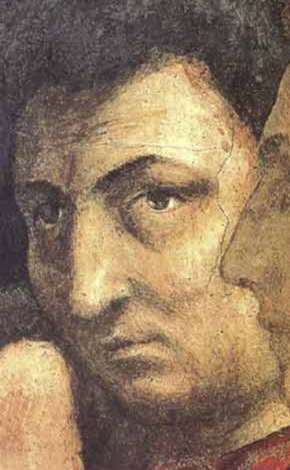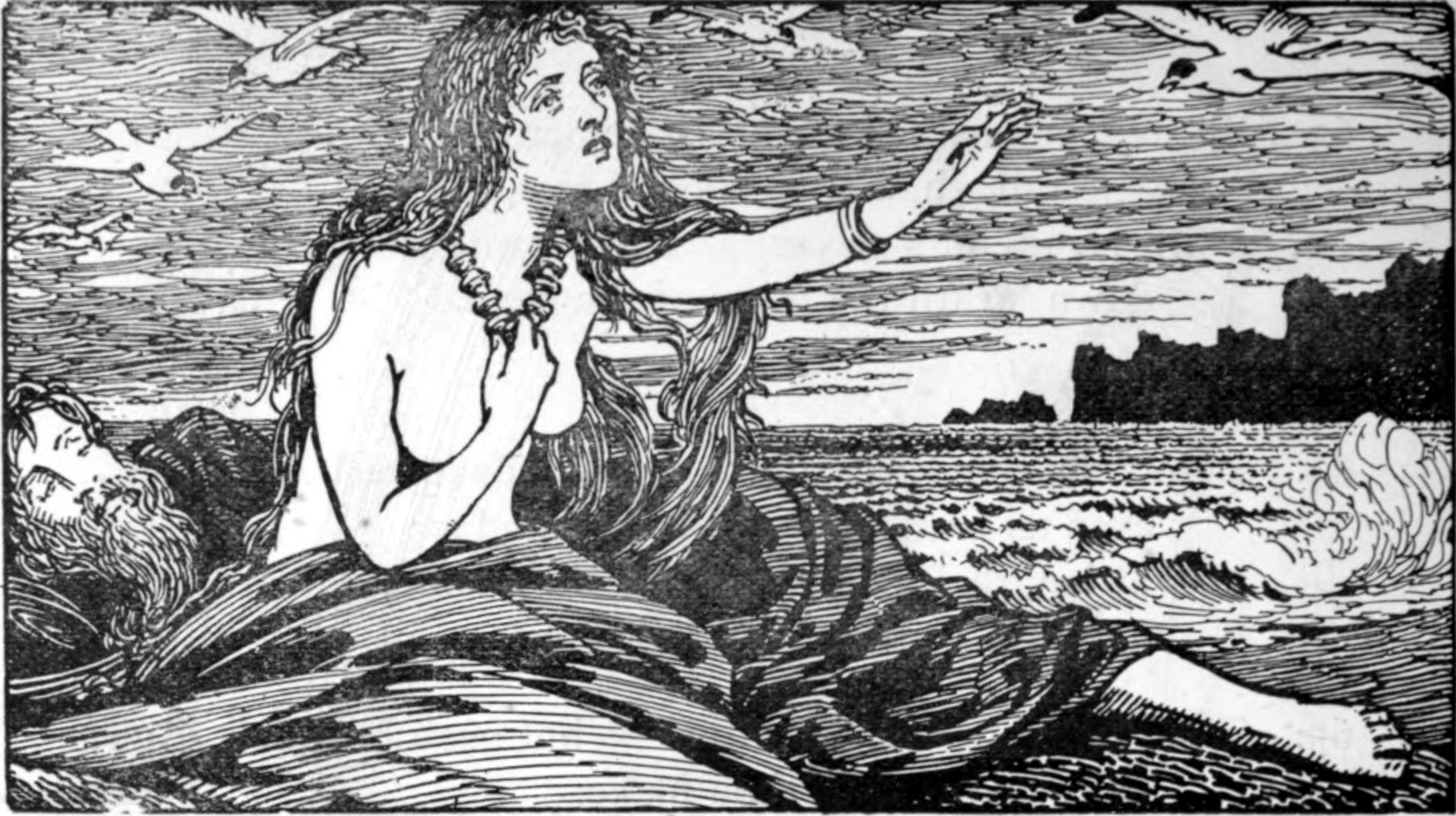So why did I get thinking about God’s goodness? Well, I take the Gosport ferry to Portsmouth each day (yes, even some Sundays) and en route yesterday, surrounded by early-bird Christmas shoppers, I spent a few minutes contemplating Isaiah chapter 1. This important prophet spoke words from God to the nation God had chosen to be his own children, the nation of Israel. First, let’s get some context – and then you will see why God’s words are so fantastic here.
At this point in Israel's history, corruption was rife in Judah (the southern kingdom of Israel) and it's clear that the people, and notably their leaders, had
 forgotten the awesome holiness of God - because they had started appropriating ideas from other nations about how to worship. They must have come to the point where they thought the old rules of temple worship "couldn't really be all that important", when of course they were actually designed to provide atonement for them and remind them of God's power and their relationship with him.
forgotten the awesome holiness of God - because they had started appropriating ideas from other nations about how to worship. They must have come to the point where they thought the old rules of temple worship "couldn't really be all that important", when of course they were actually designed to provide atonement for them and remind them of God's power and their relationship with him.In short, these people were forgetting God, even putting their trust in other gods and worshipping them. So God has called Isaiah to bring them a wake-up call.
What struck me was the mixture of sober warning (we all need this more often than we like to admit) and promises of reward that are in this opening chapter. Isaiah clearly shows how Israel's disobedience hurts God ("the LORD has spoken: 'Children have I reared and brought up, but they have rebelled against me.'" Israel does not even "know" God any more - v2-3). Despite causing the God of the universe anguish by the choices they have made, they are even continuing to do wrong (v5).
 As we read on, God shows them their arrogance in assuming a few religious gestures will satisfy him when they come into his holy presence (v12-15). The message is clear: they must turn from wrong and live the right way (v16-17). And as this Israeli stop sign suggests, stopping is an urgent matter!
As we read on, God shows them their arrogance in assuming a few religious gestures will satisfy him when they come into his holy presence (v12-15). The message is clear: they must turn from wrong and live the right way (v16-17). And as this Israeli stop sign suggests, stopping is an urgent matter! But here's the staggering thing: despite the enormity of the problem between them and God, God invites them to come back to him, and tells them he will wash them clean - in fact totally spotless and free from sin! (v18) No matter how they have taken for granted his gifts, ignored the ways he wants them to live, and started to worship idols – he still is ready to give them total righteousness before him! How generous is God!
Isn’t this our situation, too? God has worked in history to bring us a Saviour and to make known the blessing we can have in him. Furthermore, he has worked in my life to give me access to the Bible, and to teaching about him, and to churches and Christians of all kinds who have helped me along. He created me and my family and he has brought me up to know him. And yet, how often do I pay him back by ignoring what he wants me to do, or treasuring other things in life more than him, such as my reputation or material things I want to get hold of? The things I do offend him, and my arrogance before him can be appalling (thinking that I am good and worth helping). I know I must stop these wrong ways, although I know I can never make up for all the wrong I've already done.
And yet what is God’s response to all this?
 For starters, the gift of righteousness to all who turn to follow him and believe in Jesus. A total removal of my past sin and guilt, because of Jesus. An eternal future, with promises of Jesus continuing to pour out his riches on us, so that our joy will be full. Our God is a breathtaking God, with a heart of the biggest love you will ever find.
For starters, the gift of righteousness to all who turn to follow him and believe in Jesus. A total removal of my past sin and guilt, because of Jesus. An eternal future, with promises of Jesus continuing to pour out his riches on us, so that our joy will be full. Our God is a breathtaking God, with a heart of the biggest love you will ever find.So there you have it. A brief look at the gospel from Isaiah. It’s there laid out for us to read and marvel at, and isn't it wonderful? Isn't God wonderful?
And what was my other thought on the way to work? I started thinking about a song we sing at church very occasionally called “I will worship”. To me it seems the perfect “response” song, once we have all had a reading or song or talk highlighting just what Jesus has done on the cross – perfect because it outlines the ways we all must worship: trusting God “alone” (ie. above all others) for the way forward, following and honouring him “as King”, giving to him, praising him (ie showing our thankfulness to him), longing to be more worshipful (recognising our weaknesses) and “bowing” to him (submitting to his ways). Challenging stuff – but then again, what else can we do when faced with such a mighty yet loving, totally wonderful, God?















































